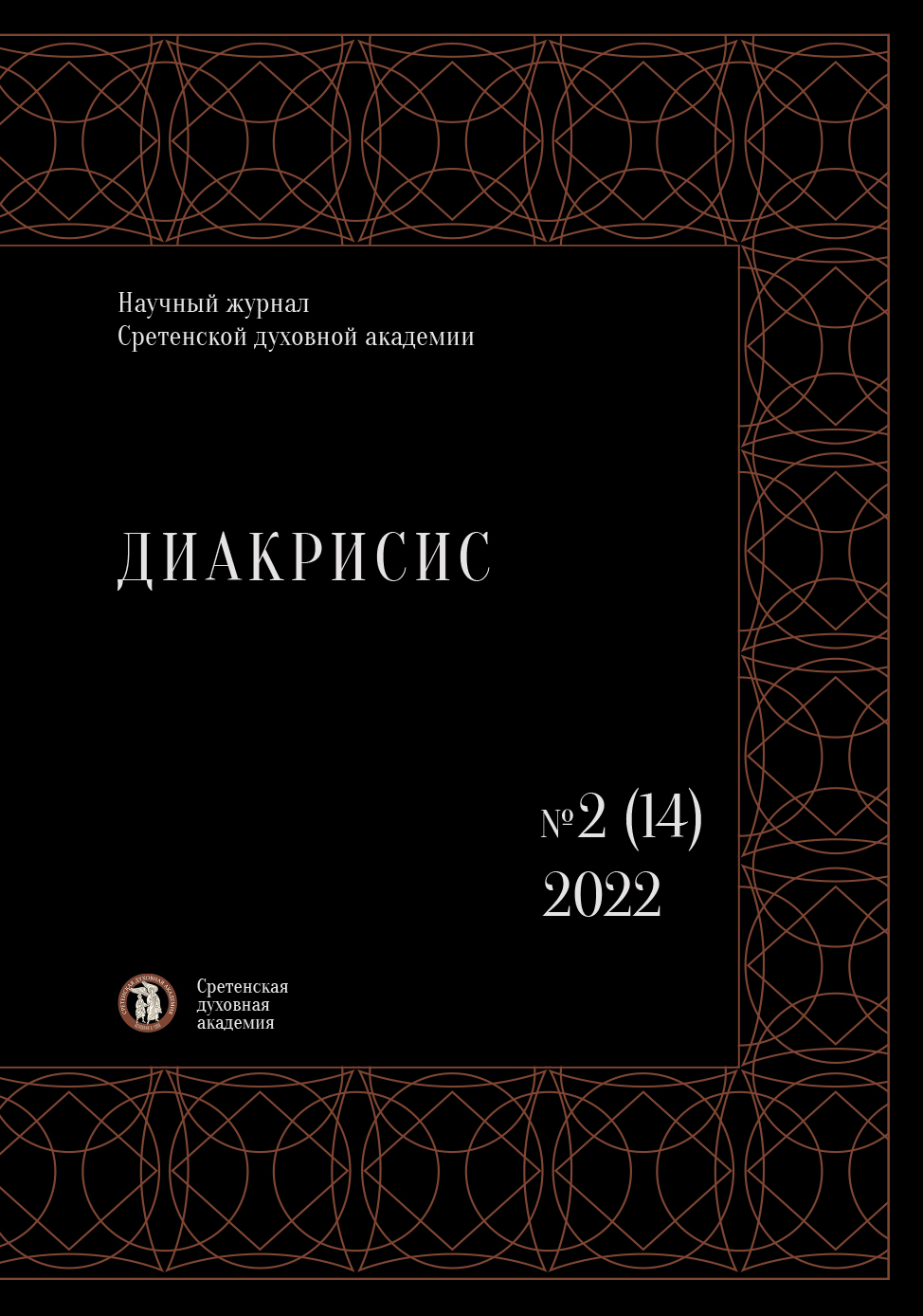Principles of Interpretation of Scripture in Dispensationalism Theology (drawing on the example of the Book of Revelation)
Keywords:
Dispensationalism, Eschatology, Pretrebulationalism, Premillenarism, Chiliasm, hermeneutics, The Book of Revelation, Apocalypsis, sectologyAbstract
The trend of dispensationalism, which is high powered in the evangelical movement, proves the need for the word-for-word fulfillment of God’s earthly promises to the forefathers and David, and therefore relies exclusively on a literal interpretation of the Holy Scriptures, including prophetic books. However, in reality, the dispensationalists also widely use methods of allegorical interpretation occasioned by the general context of theology. For example, Babylon the Great from the Book of Revelation is interpreted not as an earthly city, but as a religious system of the last time. Therefore, the hermeneutics of the dispensationalism is not conditioned by the requirement of clarity of the Scripture, but on the contrary the covenant theology itself and the theoretical requirement of unconditional literalism have other reasons. There are the increased eschatological tension of dispensationalism, the Jewish influence, the undervaluation of the prospects for the deification of a faithful Christian as the beginning of his participation in the promises of the eternal Kingdom of the Messiah in this life among these reasons. The emphasis in the article is on the Book of Revelation when analyzing the examples of exegesis.







